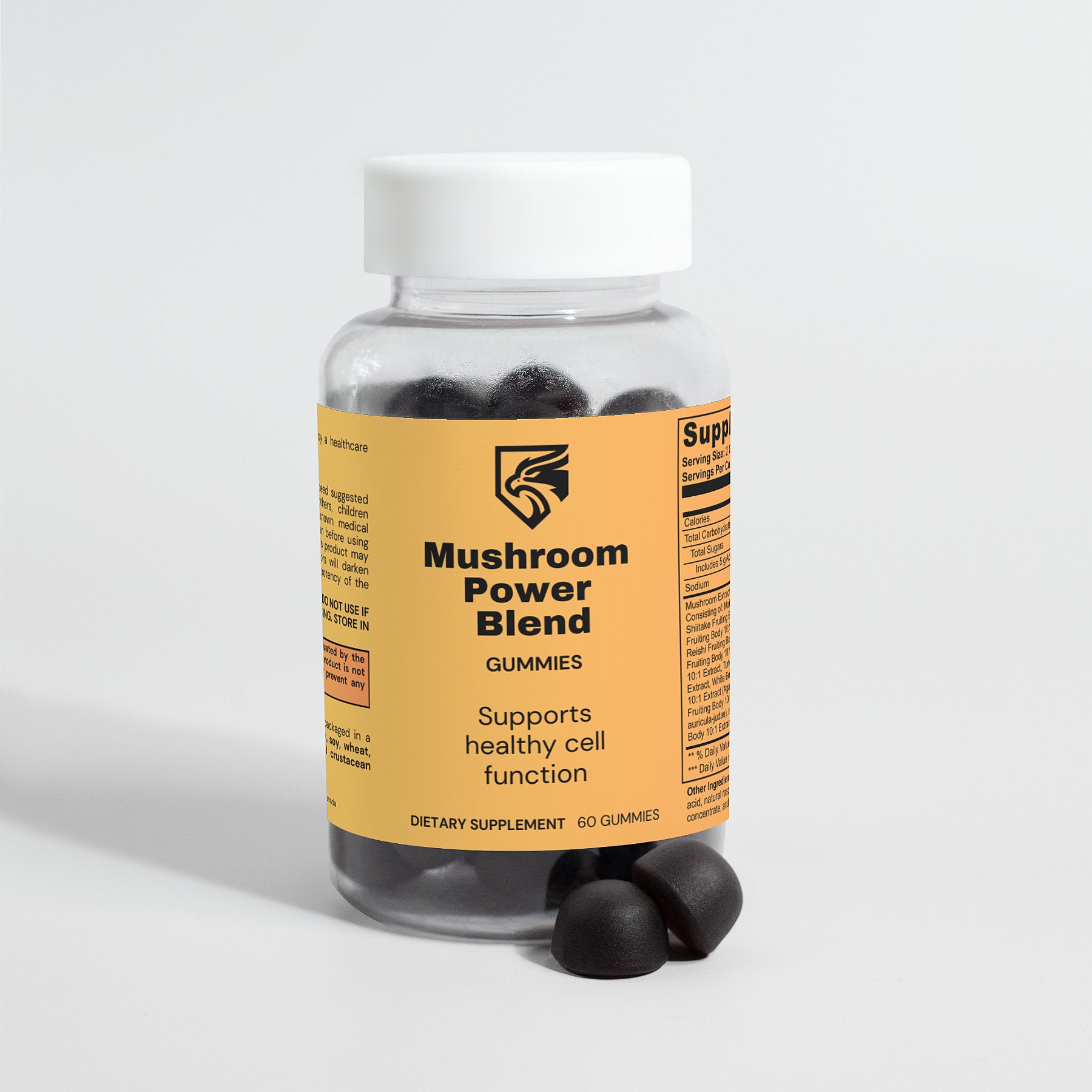Productivity is the cornerstone of success, whether in the workplace, in personal projects, or in everyday tasks. While many factors contribute to productivity—such as time management, motivation, and skills—hormonal balance, particularly testosterone, plays a less obvious but crucial role. Understanding how testosterone influences productivity can provide valuable insights into optimizing performance.
The Role of Testosterone in Productivity
Testosterone, often associated with physical strength and vitality, also has significant effects on mental and emotional faculties that drive productivity. Here’s how:
1. Energy and Stamina
Productivity often hinges on having enough energy to sustain effort throughout the day. Testosterone boosts energy by promoting the production of red blood cells, which transport oxygen to muscles and organs. This increase in oxygen supply enhances stamina, enabling individuals to maintain a high level of activity without succumbing to fatigue. With higher energy levels, tasks that might seem daunting become more manageable, allowing for sustained productivity.
2. Cognitive Function and Focus
Clear, sharp thinking is essential for productivity, especially in tasks requiring problem-solving, decision-making, and creativity. Testosterone positively impacts cognitive function by enhancing memory, attention, and spatial reasoning. Higher testosterone levels are linked to improved focus and the ability to process information quickly, making it easier to stay on task and complete work efficiently.
3. Motivation and Drive
Testosterone is a key player in motivation. It influences the brain’s reward centers, increasing the drive to set and achieve goals. Individuals with balanced testosterone levels often exhibit higher levels of ambition and persistence, critical components of productivity. This heightened motivation helps maintain momentum, pushing through challenges and staying committed to tasks until they’re completed.
4. Stress Resilience
Stress can be a significant barrier to productivity, leading to burnout and reduced efficiency. Testosterone helps regulate the body’s response to stress by balancing cortisol, the stress hormone. With optimal testosterone levels, individuals are better equipped to handle stress, maintain focus, and continue working effectively even under pressure. This resilience contributes to consistent productivity, even in demanding situations.
5. Mood Stability
A stable, positive mood is vital for sustained productivity. Testosterone plays a role in mood regulation, with low levels often leading to feelings of irritability, depression, and lack of enthusiasm—all of which can derail productivity. Conversely, adequate testosterone levels are associated with a more stable and positive mood, which supports a productive mindset and reduces the likelihood of distractions or procrastination.
Optimizing Testosterone for Peak Productivity
While testosterone naturally fluctuates throughout life, maintaining it within an optimal range is key to maximizing productivity. Here are a few strategies:
Regular Exercise: Physical activity, particularly strength training, can boost testosterone levels, leading to enhanced energy and focus.
Adequate Sleep: Quality sleep is essential for hormone regulation. Poor sleep can lower testosterone, reducing productivity.
Balanced Diet: Nutrient-rich foods support hormone balance. Diets low in processed foods and high in healthy fats, proteins, and vitamins are beneficial.
Stress Management: Chronic stress can lower testosterone. Practices such as mindfulness, meditation, and time management can help keep stress levels in check.
Conclusion
Testosterone’s influence on productivity is profound, impacting energy, cognitive function, motivation, stress resilience, and mood stability. By understanding and optimizing testosterone levels, individuals can unlock greater productivity, allowing them to perform at their best in all areas of life. Whether through lifestyle changes or targeted interventions, managing testosterone is a powerful tool for enhancing productivity and achieving success.
The Role of Testosterone in Productivity
Testosterone, often associated with physical strength and vitality, also has significant effects on mental and emotional faculties that drive productivity. Here’s how:
1. Energy and Stamina
Productivity often hinges on having enough energy to sustain effort throughout the day. Testosterone boosts energy by promoting the production of red blood cells, which transport oxygen to muscles and organs. This increase in oxygen supply enhances stamina, enabling individuals to maintain a high level of activity without succumbing to fatigue. With higher energy levels, tasks that might seem daunting become more manageable, allowing for sustained productivity.
2. Cognitive Function and Focus
Clear, sharp thinking is essential for productivity, especially in tasks requiring problem-solving, decision-making, and creativity. Testosterone positively impacts cognitive function by enhancing memory, attention, and spatial reasoning. Higher testosterone levels are linked to improved focus and the ability to process information quickly, making it easier to stay on task and complete work efficiently.
3. Motivation and Drive
Testosterone is a key player in motivation. It influences the brain’s reward centers, increasing the drive to set and achieve goals. Individuals with balanced testosterone levels often exhibit higher levels of ambition and persistence, critical components of productivity. This heightened motivation helps maintain momentum, pushing through challenges and staying committed to tasks until they’re completed.
4. Stress Resilience
Stress can be a significant barrier to productivity, leading to burnout and reduced efficiency. Testosterone helps regulate the body’s response to stress by balancing cortisol, the stress hormone. With optimal testosterone levels, individuals are better equipped to handle stress, maintain focus, and continue working effectively even under pressure. This resilience contributes to consistent productivity, even in demanding situations.
5. Mood Stability
A stable, positive mood is vital for sustained productivity. Testosterone plays a role in mood regulation, with low levels often leading to feelings of irritability, depression, and lack of enthusiasm—all of which can derail productivity. Conversely, adequate testosterone levels are associated with a more stable and positive mood, which supports a productive mindset and reduces the likelihood of distractions or procrastination.
Optimizing Testosterone for Peak Productivity
While testosterone naturally fluctuates throughout life, maintaining it within an optimal range is key to maximizing productivity. Here are a few strategies:
Regular Exercise: Physical activity, particularly strength training, can boost testosterone levels, leading to enhanced energy and focus.
Adequate Sleep: Quality sleep is essential for hormone regulation. Poor sleep can lower testosterone, reducing productivity.
Balanced Diet: Nutrient-rich foods support hormone balance. Diets low in processed foods and high in healthy fats, proteins, and vitamins are beneficial.
Stress Management: Chronic stress can lower testosterone. Practices such as mindfulness, meditation, and time management can help keep stress levels in check.
Conclusion
Testosterone’s influence on productivity is profound, impacting energy, cognitive function, motivation, stress resilience, and mood stability. By understanding and optimizing testosterone levels, individuals can unlock greater productivity, allowing them to perform at their best in all areas of life. Whether through lifestyle changes or targeted interventions, managing testosterone is a powerful tool for enhancing productivity and achieving success.







Leave a comment
All comments are moderated before being published.
This site is protected by hCaptcha and the hCaptcha Privacy Policy and Terms of Service apply.